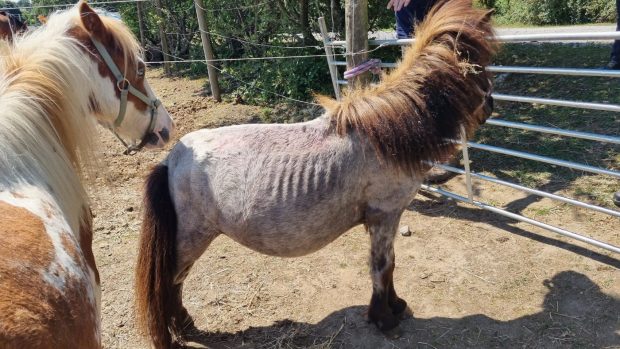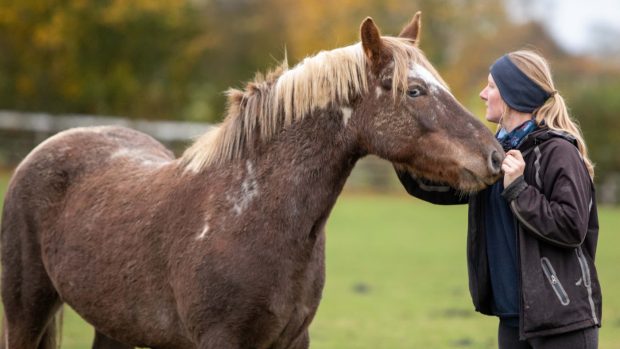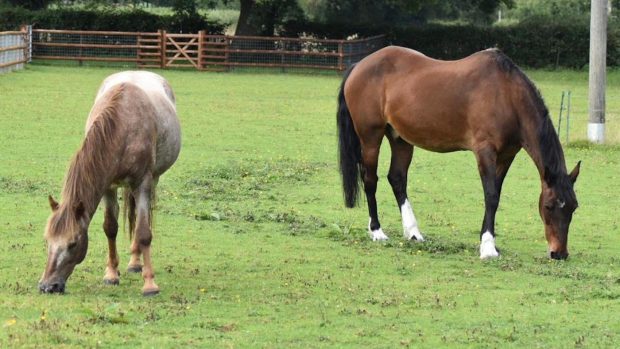Animal charities have won a Supreme Court case against a woman who was cut out of her mother’s will.
Melita Jackson left the majority of her £486,000 estate to charity when she died in 2004 aged 70.
At the time of her death, she had been estranged from her only child, Heather Ilott, for 26 years. Mrs Iliott left home aged 17 to live with a boyfriend, of whom her mother did not approve. They have since married and have five children.
Since then, Mrs Ilott has lived independently of her mother, but in strained financial circumstances.
Despite three attempts at reconciliation between Mrs Jackson and Mrs Ilott, these were not successful.
Judgement documents from the Supreme Court cite this feud as the reason Mrs Jackson made no provision for her daughter in her will.
She instead chose to leave the majority of her estate to charities “to which she had had no particular connection during her lifetime, but which represented her freely made and considered choice of beneficiaries”.
District Judge Million found in 2007 that Mrs Jackson’s will did not make reasonable financial provision for Mrs Ilott and awarded her £50,000. This money, it was claimed, was needed for essential household items and maintenance of her family’s home.
The charities involved in the case — the RSPCA, Blue Cross and RSPB — initially challenged the finding unsuccessfully. The dispute rolled on as Mrs Ilott appealed the £50,000 she was awarded as too low.
The Court of Appeal re-evaluated the claim and awarded Mrs Ilott £143,000 in 2015 to buy the home she lived in, and an option to receive £20,000 in one or more installments.
But the Supreme Court has yesterday (15 March) found Judge Million did not make any mistakes in the original ruling, on which the appeal was based.
In the conclusion of the Supreme Court’s ruling, the court was told this appeal was brought by the charities largely on principle owing to the possible impact the decision could have on other cases.
Article continues below…
Popular articles:
- Ground-breaking eventing safety system to be trialled in Britain
- 22 unmissable facts and golden nuggets of advice from William Fox-Pitt’s head groom Jackie Potts
- New venue and extra €1 million bonus for showjumping grand slam
Lady Hale, who was among the judges ruling on the case in the Supreme Court, commented on the difficult nature of the case and the “profound questions” it raises.
These include the nature of family obligations, the relationship between family obligations and the state, and the relationship between the freedom of individuals to dispose of their property as they see fit and their duty to fulfil their family obligations.
She criticised the state of the law, which gives “no guidance” as to the weight of factors to be taken into account when deciding whether an adult child is deserving of reasonable maintenance funds or not.





